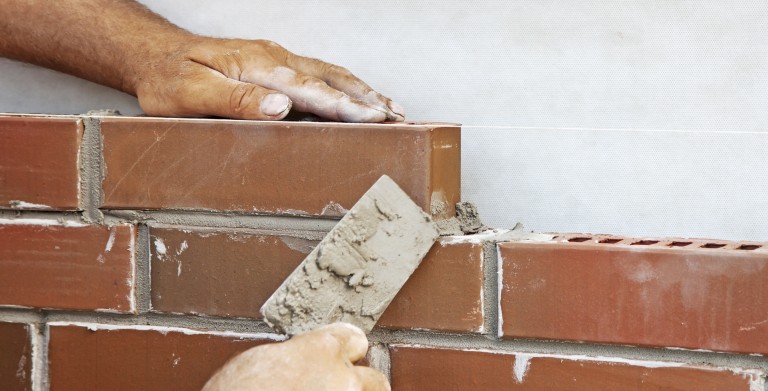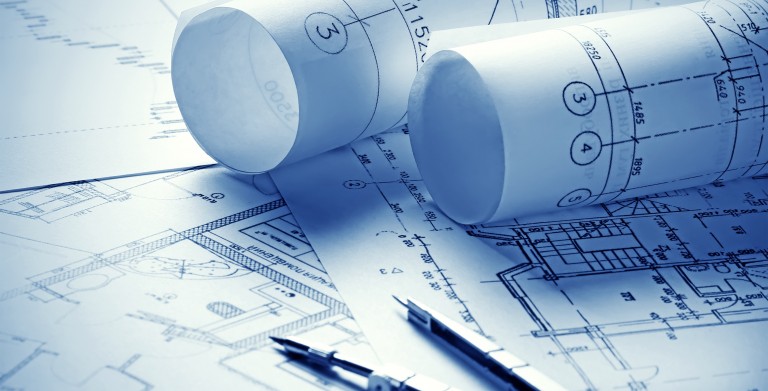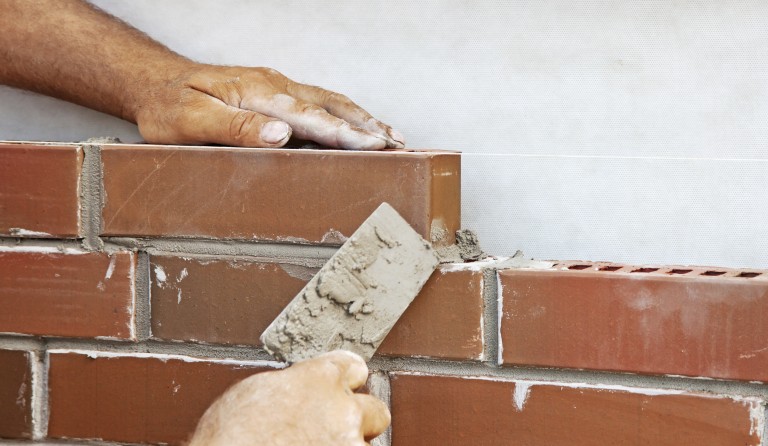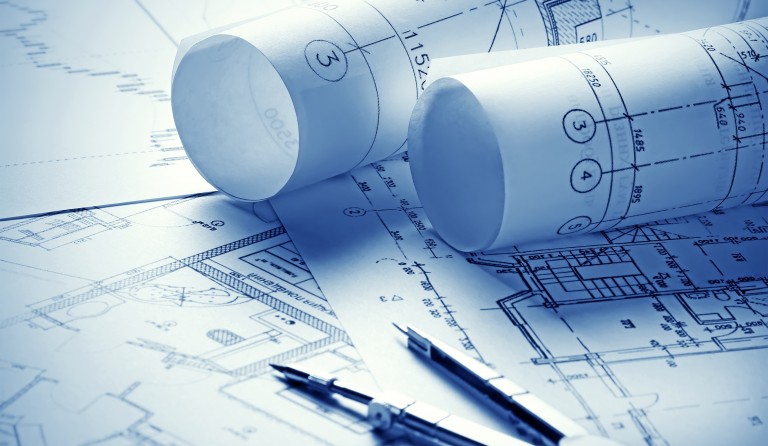2013, Oct 2
The area and the relative property values and building costs. In some areas of relatively ‘cheap’ housing it is virtually impossible to recover the costs of any extensions and improvements in terms of increasing value and can lead to properties falling into disrepair with little incentive for householders to do much about them.
The type of property in relation to those around it. Properties in villages or small towns may be easier to change into a different type of property and recoup the costs (such as perhaps changing a two bedroomed bungalow into a four bedroomed house) than extending a property in a large estate of fairly similar designs where it may reach a limit of value almost irrespective of what is done to it.
Some types of extensions to homes will more readily improve the value than others. Usually the first area to look at is any lacking in essential facilities particularly an adequate bathroom and reasonably sized kitchen. After that possibly any imbalance in the accommodation such as reasonable bedrooms but lacking in living space (this can sometimes occur with integral garages where there is more habitable room upstairs than down). An additional bedroom is often a worthwhile asset as properties are often classified by the number of bedrooms. This is provided it is not significantly out of balance with the rest of the accommodation and should not generally be too far removed from the norm for the area. A single additional bedroom may well be reasonable where perhaps two or three additional ones might be more difficult to recover the cost of.
Other extensions such as utility rooms, playrooms, cloakrooms, en-suites may be worthwhile in some situations. Garages are very dependent upon the type of area and other parking facilities. In a city or larger town with difficult or non-existent on-street parking and an increased possibility or threat of vandalism a garage may be a very good investment. Elsewhere often garages are not used even when provided (in practice many are too small for modern cars to fit in comfortably) so provided some off road parking is maintained it may make little difference to the value of a property. In some situations there may be space to provide a more basic garage or carport whilst an integral garage built to similar construction to the rest of the house may readily be converted to a room. (link to Internal alterations)
Conservatories may add value to a property where they provide a useful and useable addition to the rest of the accommodation. A cold (or in summer excessively hot) room may not add significantly to the useable space and is unlikely to be seen as much of an asset






